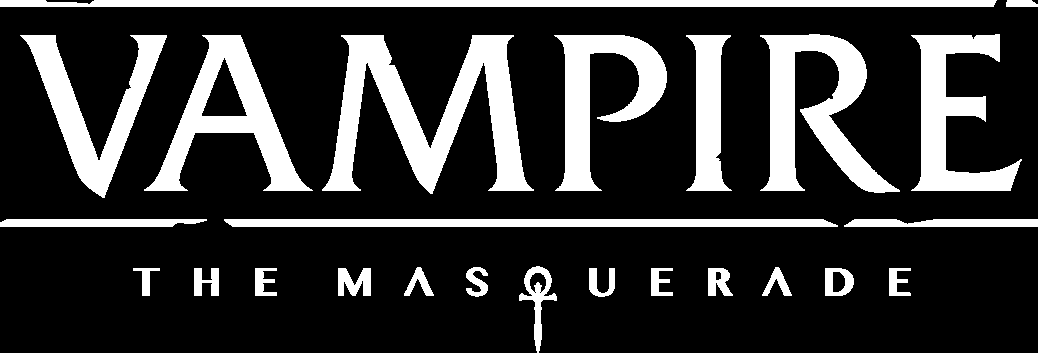Beliefs
Not precisely Traits, as they have no numerical rating, a character’s core beliefs nevertheless drive their story. For that reason, they have mechanical effects in the game, which exist to depict and play out exactly that drama.
Convictions
Each character begins with one to three Convictions: human values they attempt to uphold even after death.
The specifics of these Convictions are up to the player. They might reflect a religious code, a personal ethical core, a vampiric path, or just things the character does or balks at doing without ever really considering their philosophical weight. The Storyteller should feel free to reject suggested Convictions on the grounds of taste or of suitability for the type of story they intend.
Some example Convictions might include:
■■ Thou shalt not kill
■■ Kill only the unworthy/unbelievers/in fair combat/in self-defense
■■ Never expose children to violence
■■ Love thy neighbor as thyself
■■ Disobedience is dishonor
■■ Protect the innocent from harm
■■ Courage is the highest virtue
■■ Always keep your sworn word
■■ The truth is sacred; thou shalt not lie
■■ Slavery is evil
■■ Obey authority
■■ My country, right or wrong
■■ None may control me
■■ Never do drugs (or drink alcohol)
■■ Thou shalt not torture
■■ The guilty must be punished
■■ From each according to their abilities, to each according to their needs
■■ Rob from the rich, give to the poor
■■ Reject wealth, for it corrupts
■■ Never act against another (insert own group/faith/sect)
■■ Always aid women in need
■■ Stand up for the disenfranchised
■■ Respect (insert religion here) as sacred and obey its moral laws
Incurring Stains in the service of your Convictions mitigate some of the Stains, see p 239.
Violating a Conviction may also, at the Storyteller’s discretion, incur one or more Stains as well.
Touchstones
Each vampire begins with as many Touchstones as Convictions: humans who represent what you used to value in life, someone who represents or seems to incarnate one of your Convictions. If lost, the Conviction is lost as well.
A Touchstone must be a living human being; connecting to Humanity through the inhuman is, at the very least, going the long way around.
A Touchstone might be:
■■ Your surviving human spouse, lover, or parent
■■ Your human child, or (for older vampires) a descendant of your family line
■■ A human who looks exactly like someone you loved in life
■■ A human you admired in life or their descendant
■■ A human related to someone you killed very early in your unlife: someone you swore you didn’t have to kill because you aren’t a monster, not really
■■ Someone you have come to recognize as a rare decent person even in your eyes: a volunteer at the animal shelter, a priest, a nurse, a social worker, a nice old lady in the neighborhood
■■ Someone who represents something you once held dear in life and still cling to: a soldier, a baseball player, a musician or artist, clergy from your faith
■■ Someone who guards, symbolizes, or protects a thing you value: the doorman of the building you used to live in, the cop on your old beat, a crusading reporter, the single mom living in your childhood home, the caretaker who sweeps your gravesite
Touchstones provide links to and mechanical support for your Humanity; see p. 239 for detailed rules.
